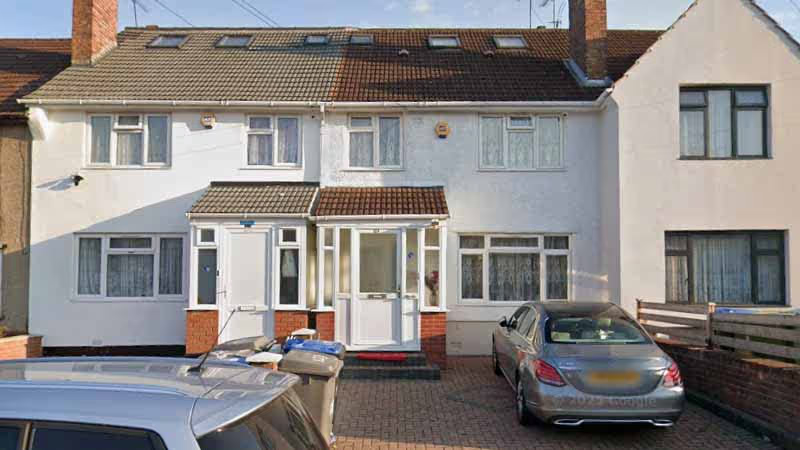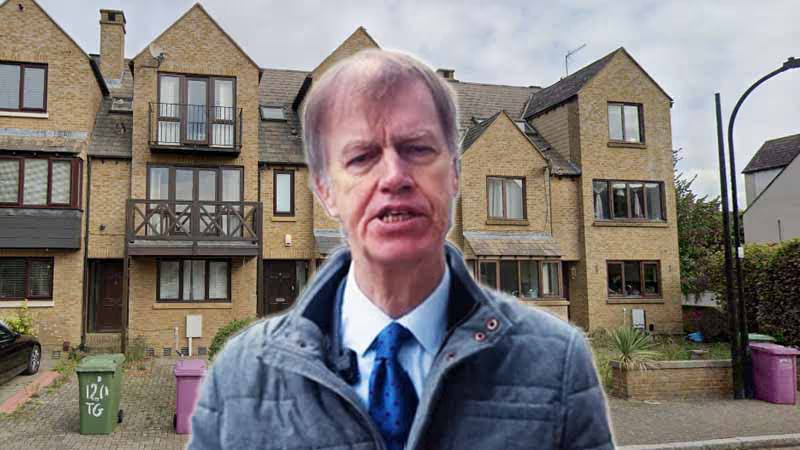The job of solving disputes between private landlords and tenants is to be given to the existing social housing ombudsman, it has been confirmed by Government minister Jacob Young (main picture).
Following his comments in parliament yesterday, the Department of Levelling Up, Housing and Communities has confirmed that its preferred candidate for landlords’ redress once the Renters (Reform) Bill goes live next year is the Housing Ombudsman Service.
From then onwards, landlords will be required by law to join its service for a fee and then tenants who are unhappy with their landlording will be able to escalate their complaint to the PRS Ombudsman for free if they are unhappy with the way the issue has been dealt with.
This means two parallel redress routes will be available to tenants. Those whose properties are run by an agent will take their complaints, as they have been able to since 2014, to whichever existing scheme the agent belongs to i.e. the Property Redress Scheme (PRS) or The Property Ombudsman (TPO) while the new service will only mediate between tenants whose landlord directly operate their home.
Figures from trade association Propertymark suggest just under half of all private rented homes are managed by agents.
A statement from the DLUHC says: “We intend for our Ombudsman Service to complement the existing housing redress landscape. This will ensure that tenants, regardless of whether they rent socially or privately, have high-quality, consistent access to redress where they have a legitimate complaint about their home.”
Expansion
This decision, which DLHUC says it is still developing, will significantly enlarge the Housing Ombudsman Service, which is based in Liverpool and currently covers the UK’s four million social housing tenants, but will have some 4.6 million new potential ‘customers’ once the new enlarged scheme goes live.

It will also have a huge job on its hands. Its chief, Richard Blakeway (pictured), two weeks ago told a parliamentary scrutiny session that his organisation would be very different to the existing redress organisations like TPO and the PRS, and have much wider responsibilities.
He said ‘operational challenges' included the risk of his service duplicating the existing work of courts, local authorities, Tribunals and council licencing schemes but also being far more proactive in directing private landlords towards the ‘correct behaviour’.
Also, Blakeway said his service should not and would not deal with low-level problems such as leaky taps and broken windows, but instead the knottier problems to do with overall property maintenance, and running tenancies.

Sean Hooker (pictured), Head of Redress at the Property Redress Scheme, disagrees with this view, saying Blakeway’s teams will very much be involved in the ‘low level’ stuff.
“Already councils only deal with the category one hazards and without the Decent Homes Standard being introduced at the same time, [Blakeway’s] ombudsman will limit itself to a very narrow remit,” he adds.















.avif)
.avif)


















Comments